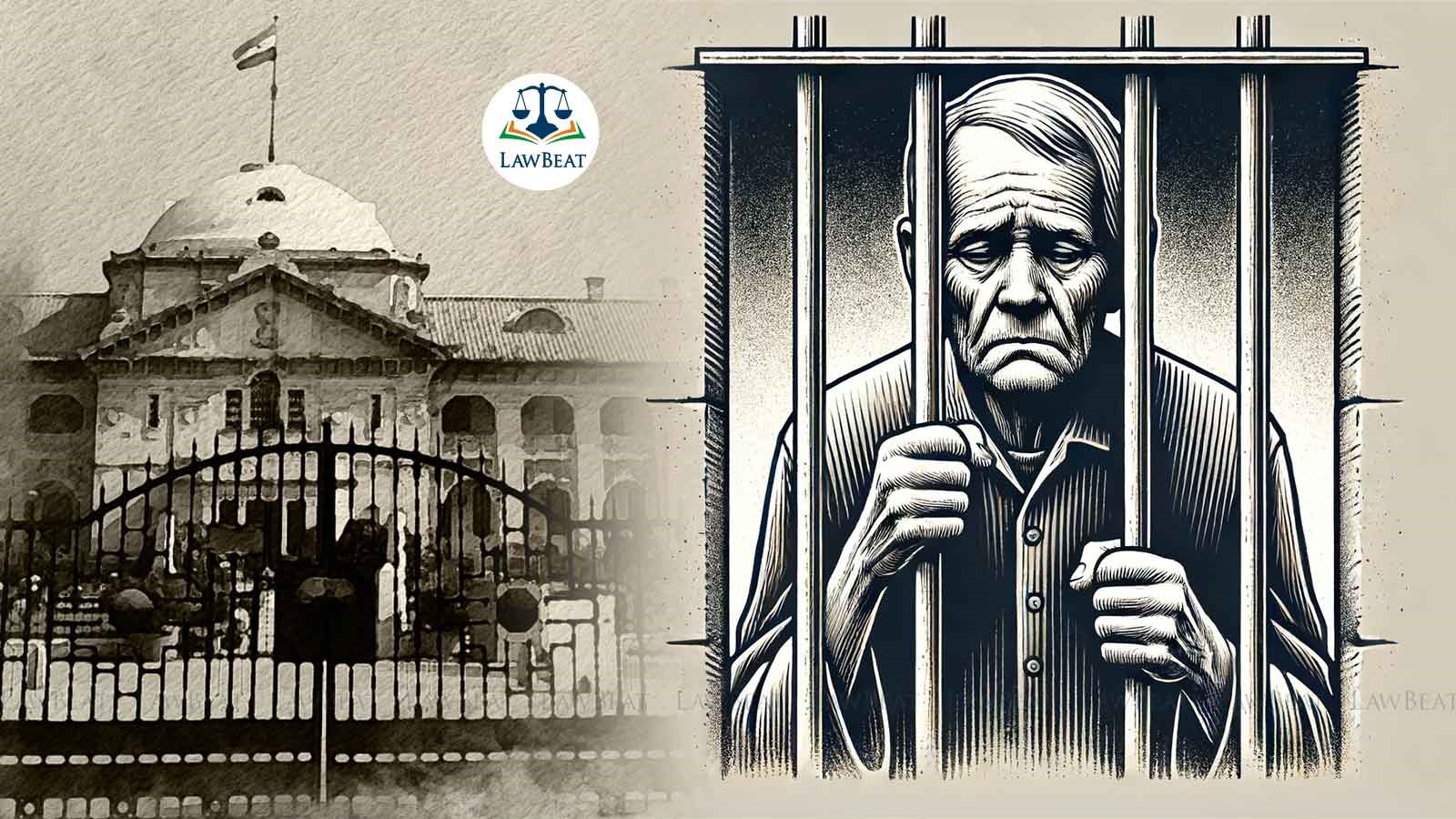Allahabad HC Acquits 71-Year-Old Man in 1981 Murder Case

Court found that the prosecution failed to prove its case beyond a reasonable doubt and there were significant flaws in the prosecution's version and the witnesses' testimonies
The Allahabad High Court recently acquitted a 71-year-old man in a murder case dating back to 1981. He had been out on bail since 1985 and was the sole surviving convict in the case.
The court also acquitted three other convicts, who unfortunately passed away while awaiting the outcome of their appeals against their convictions.
The bench, comprising Justices Siddharth and Ram Manohar Narayan Mishra, found significant doubts regarding the location of the crime and noted discrepancies between witness testimonies and the investigating officer's evidence.
Additionally, the court observed that the weapons allegedly used in the crime were not recovered and emphasized the substantial inconsistencies between the prosecution's ocular and medical evidence.
The order was passed in a criminal appeal filed in 1983 by four men against the judgment of Special and Additional Session Judge, Ghazipur. The appellants had been convicted by the trial court for the charge under Section 302/34, IPC and were directed to undergo life imprisonment.
Appellants Khalil, Zaheer, and Jainuddin died during the pendency of the appeal and only Mofeed survived to pursue it.
The prosecution case was that all four appellants had murdered one Shaabuddin in 1981. An FIR was lodged against them at Zamania police station in Ghazipur district. They were close relatives and were accused of killing the victim with a country-made pistol and other weapons. The investigation revealed that before the murder, Khalil had stolen Rs 56,000 from Shaabuddin in Mumbai, leading to an FIR there.
After being released on bail, Khalil returned to the village in Ghazipur. The prosecution stated that Khalil and others killed Shaabuddin during a meeting arranged under the pretext of reconciliation. Convicted on May 12, 1983, by the additional sessions judge in Ghazipur, the four appellants filed a joint appeal before the high court.
The high court found that the prosecution failed to prove its case beyond a reasonable doubt and there were significant flaws in the prosecution's version and the witnesses' testimonies, casting doubt on their presence at the incident's location and the alleged time and place.
Court also pointed out that the place of the incident was also not duly proved.
Therefore, court held that judgment of trial court was not sustainable and deserved to be set aside.
Case Title: Khalil And Others v. State of UP
